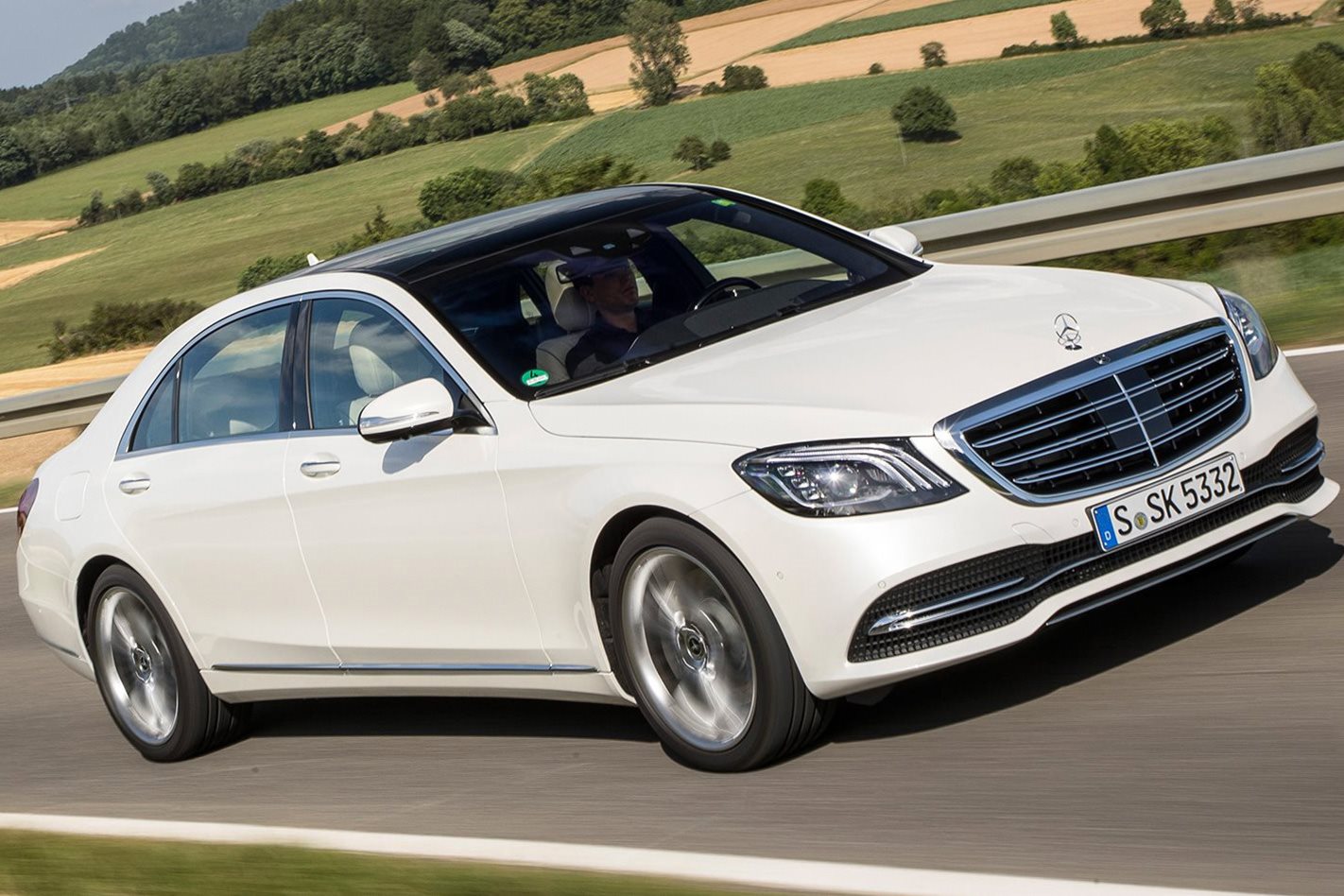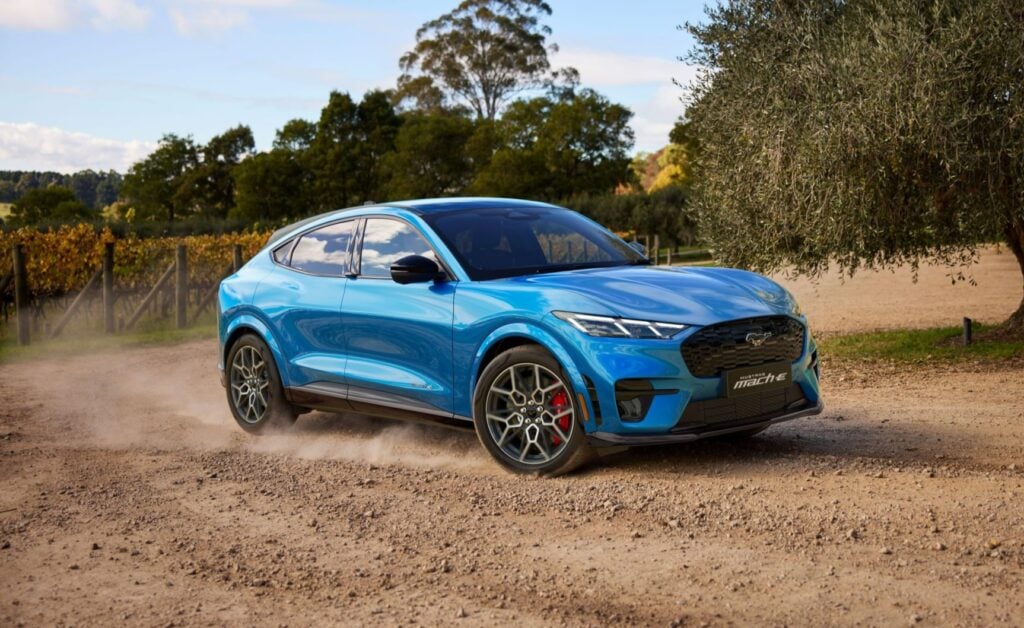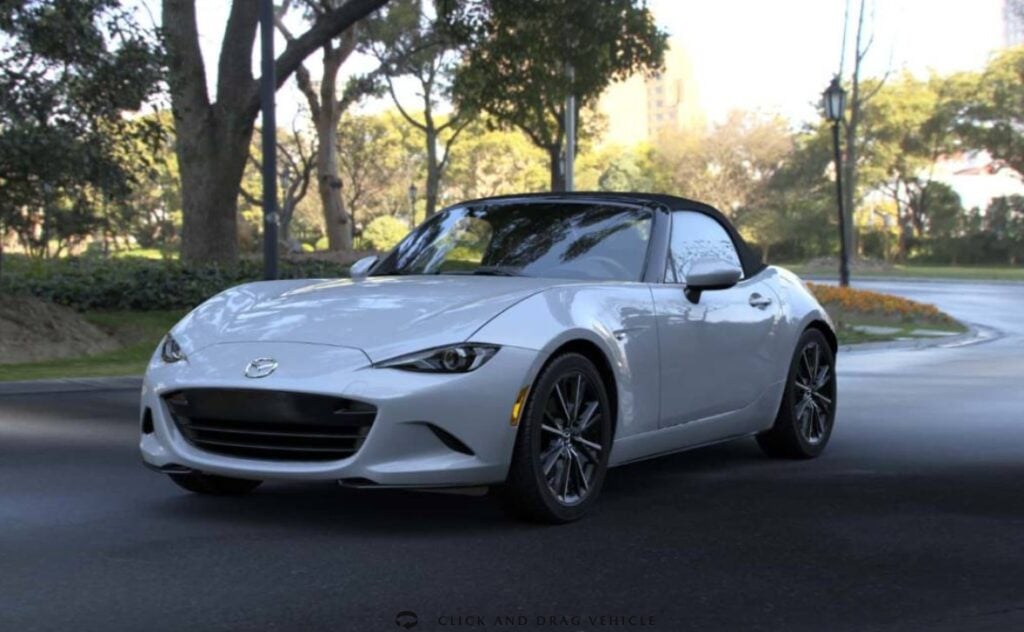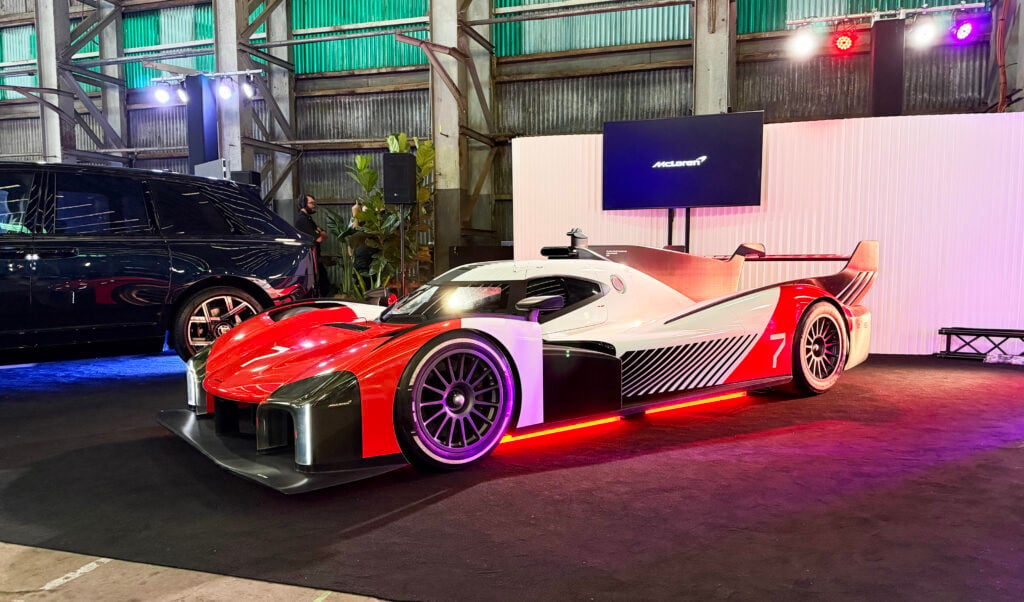BUYERS favouring less fuel-efficient luxury cars gain a small win from this week, with a rise in the Luxury Car Tax threshold delivering a $1237 saving for the new financial year.
However, the news is not so good for buyers who shop for a more fuel-efficient luxury car in the 2018-19 financial year, with the threshold stalling at the same benchmark for the third year in a row, the latest Australian Tax Office data shows.
A rise in Australia’s consumer price index last year means this year’s threshold for cars that use more than 7.0L/100km rises to $66,331 – any dollar spent over this amount is taxed at the rate of 33 percent, helping to earn the Federal Government an estimated $710 million in revenue in the 2017-18 financial year.
The threshold, which saves buyers money every time it goes up, has risen consistently for the last decade as part of the indexation of the tax to keep pace with moves in the cost of living.
However, because the threshold for more fuel-efficient vehicles sticks to $75,526 – we’ve asked why it does not change when the gas-guzzling one does – and the government admits it was delivered a $50 million windfall last financial year because the showroom price of luxury cars keeps going up, buyers who choose fuel efficiency over performance will be penalised.

So far, only Japanese luxury brand Lexus has stepped up and announced it will do as it has done in previous years, and absorb the LCT price increase rather than pass it on to buyers.
The government’s earnings from LCT were forecast to grow by seven percent last financial year, “consistent with strong growth in prices of vehicles subject to LCT”, the federal government’s budget papers say.
“Since the 2017-18 [Mid-Year Economic Forecast Outlook] forecast LCT receipts are $50 million higher over the four years to 2021-22.”
However, the government’s potential to earn up to $830 million a year up to 2021 is under threat from a free trade agreement that is currently being thrashed out between the Turnbull Government and the European Union.
Repealing the LCT, which is effectively a false trade barrier impacting the big three German luxury car makers, is believed to be one of the key negotiating points of the proposed trade pact.
“Australia seeks to commence FTA negotiations with the European Union as soon as possible,” a spokesman for the Department of Foreign Affairs and Trade told Wheels earlier this year when asked if the LCT would be one of the bargaining chips brought to the trade negotiations table.
“We envisage the FTA will include reciprocal elimination of barriers to trade and goods; reciprocal reduction in impediments to trade in services; and rules aimed at improving the conditions for trade and investment.”
Car makers including Audi, BMW and Mercedes-Benz have been quite outspoken about the controversial tax in recent years.
“Under World Trade Organisation rules [the LCT is] a false tariff,” Mercedes-Benz Australia spokesman David McCarthy told Wheels.
“In the free trade agreement with the EU, it [LCT] will be part of the negotiations, and it will disappear, and ultimately it will have to disappear because you won’t be able to keep it in place with NAFTA [North American Free Trade Agreement] and the Thai free trade agreement, so it will disappear.
“And that will happen within the next two to three years,” he said.






